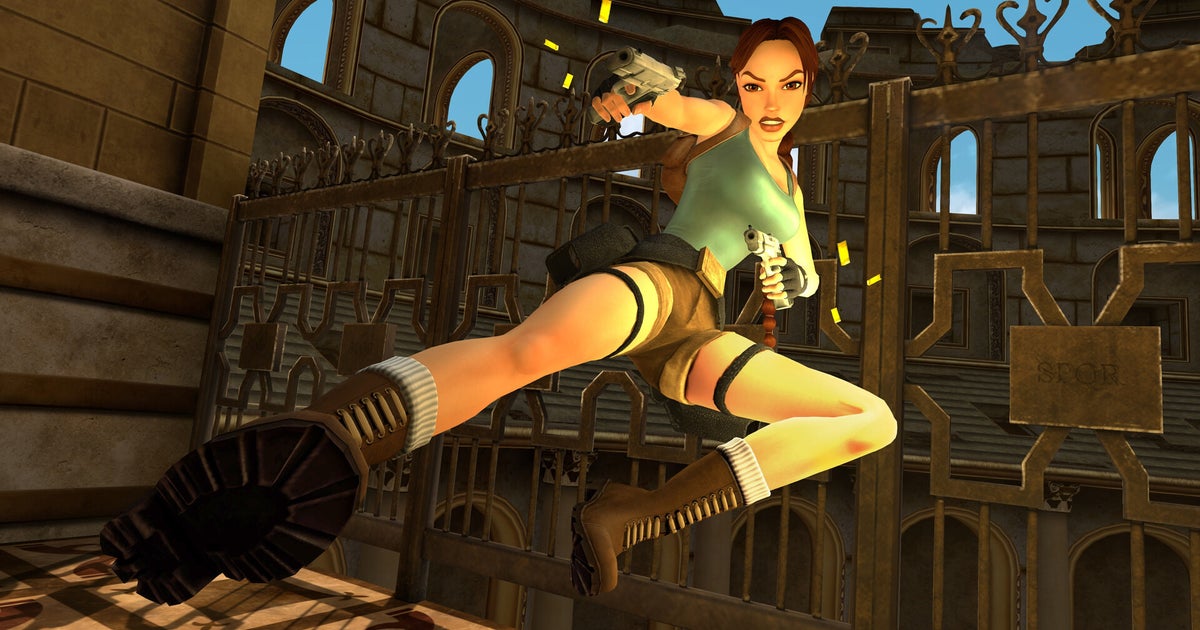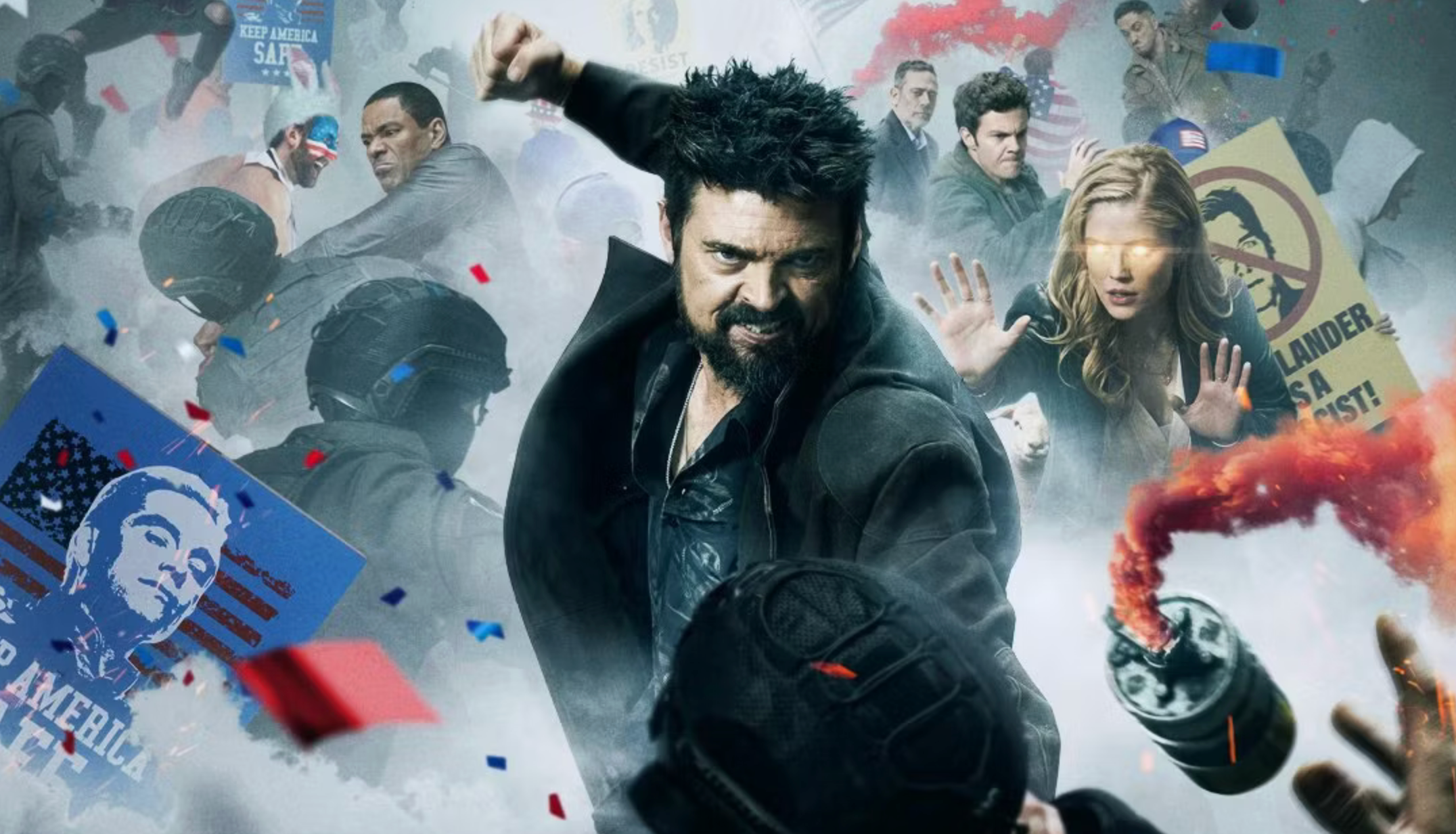Gaming News Forget Call of Duty! This video game lets you experience war… the real one!
War is not just about hectic battles, lots of action and incessant boom-boom. However, when it comes to war video games, we mostly remember FPS like Call of Duty and Battlefield. But some war game die-hards still push back against the invader and try to present a different view of armed conflict. And this is especially true for the game that interests us today!
When we think of the war game genre, we mainly think of FPS. When we play war, we mostly play war. However, rather than mimicking the simulacrum of a handgun in hand, we’re controlling an MCW with its controller. We shoot, we hide, we take a position, we gain ground… In most people’s eyes, this is a war game. However, it is a little more complicated. There are various games that offer a different approach to armed conflict, be it in terms of message, story or gameplay. In addition, we wrote a whole article on this topic a few years ago: Battlefield, CoD, Unknown Soldiers…: Can War Really Be a Game?. We of course talked about “This War of Mine”, a game that impressed above all with its somewhat unique approach to a question that we unfortunately rarely ask ourselves: What is everyday life like for the civilian population during war? And that’s funny, because at the time of this article we also told you about another game that wasn’t released yet but wanted to address another unusual question: what happens in a war hospital? This game is War Hospital, “a war-themed game that celebrates life, not death” the developers tell us. And you will undoubtedly have understood, it is he who interests us today.

War Hospital, another look at the war
Before we give you our first impressions of the title, a factual note is necessary. War Hospital is a game developed by Brave Lamp Studio that also works for the cooperative shooter Enemy of the State. On the publishing side, the Nacon teams liked the title. But what is it then? Well, it’s a management game in which, as the name suggests if you at least speak Shakespeare’s language, there is a war hospital (also called a field hospital). As Major Henry Wells, your goal is simple: save as many people as possible. However, this is easier said than done, especially in the context of the First World War. The injured are pouring in and resources are dwindling. We recall that the First World War left more than 9 million dead and missing and 21 million wounded, and that only on the military side. The role of field hospitals was therefore crucial at the time, and that is exactly what the developers at Brave Lamp Studio wanted to achieve with War Hospital. And to bring this new perspective to this era, yet adapted to numerous occasions in video games, they have come closer to the greatest. The game was actually produced in collaboration with Imperial War Museums. This is the first title produced in collaboration with this British organization, which manages museums such as the Churchill War Rooms, HMS Belfast and the Imperial War Museum in London.

But if this partnership could have predicted a title full of information and explained historical details, strangely this is not the case. If you’re looking for new historical knowledge alongside the games (like Unknown Soldiers: Memories of the Great War on a similar topic), you won’t find anything to satisfy your hunger here. The expertise of the Imperial War Museum members was primarily used to bring a believable reality and operation to the game. Since I’m not a historian, it’s difficult to judge the game categorically on this level. Nevertheless, it is possible to share my humble impressions with you. A priori we have a very documented game. There are many elements to consider between the different buildings, questions, positions, procedures, resources or even decisions. Not only do we skim the surface of the subject, we also delve into its innards with both hands. Did you know that there are medical evacuation stations? Now you will understand what an important role they played in the entire care process during wartime (still quite messy considering the context). And besides, this process is only a small part of your leadership task. In wartime, there were a lot of things to consider when dealing with soldiers arriving in droves. In the War Hospital you have to manage the fatigue level of the staff, the available care resources, the food rations still in stock, the next deliveries, the rehabilitation of the wounded, the morale of the troops and the corpses sent out to support the armed forces at home or in the trenches (and yes , we have to keep the front line near the hospital so that everyone doesn’t die)… The result is a particularly comprehensive management game that is quite difficult to learn. Saving lives in times of war is anything but easy.
Who should live or die?
If there’s anything that’s executed particularly well in the game, it’s this constant sense of urgency and crisis. The tone is set from the start: “You won’t be able to save everyone.”. Furthermore, from the (long) tutorial onwards, from the first patient onwards, you are faced with failure and death. And it won’t be the last time! War Hospital is a pretty difficult game in which you will always feel like you are walking on a tightrope. The bodies are piling up, the doctors are exhausted and the red lights are multiplying quickly. And even in the first few hours, you can become completely stressed in the face of a crisis situation that can quickly seem unmanageable. Especially since it works like a vicious circle. In order to heal the various soldiers, you will need to recruit and/or make upgrades. To do this you need resources or advantages. To get this you have to please the headquarters. To please the headquarters, you have to send treated soldiers to the right place and for the right place that, well… you have to take care of the soldiers. Additionally, the resources are also linked to different patient types to spice things up a bit.

So if something goes wrong, everything can go wrong very quickly. For this reason, you must think carefully about your actions but also about your decisions.
Unfortunately, our brief experience was a bit frustrating. Not because of the difficulty of the title, the rather rough interface of the game, the graphics that are not really up to date or the objectives and mechanics that are not always very clear, but rather because of the bugs that are still very present despite a Patch Day One already deployed. We lost many minutes trying to restart the game in a loop due to a disabling error, and that’s a real problem – although it was solved by the simple act of uninstalling and reinstalling the game and we had no further errors after that. But Steam players have come across a few. “This is partly because the opinions collected on the platform are generally average. And it’s a shame, because otherwise the players will salute an interesting management game, an addictive gameplay loop, quite advanced backstory, a unique atmosphere (thanks to the dubbing and especially the AD) and “A great tribute” to the soldiers of the war that was supposed to end all wars… But it seems that, unlike the developers, the people of this world want to celebrate death and not life.

For fans of management games, this is a nice new experience, although it still has some flaws and unfortunately suffers from annoying bugs. But that being said, we still have an interesting glimpse into the stark horrors of war. A new approach that will certainly delight some.








